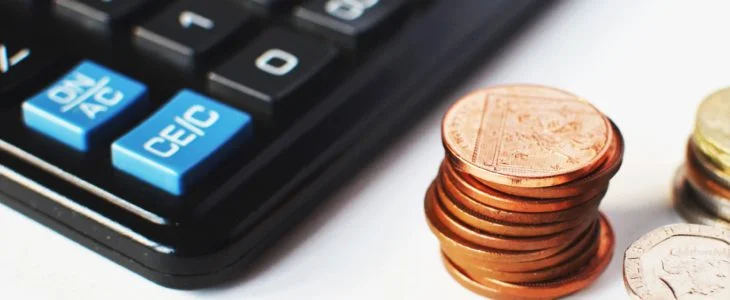Now that we are over a quarter of the way through the year, this is usually the time when budgets start to suffer. It is always around this time of year that you make purchases that aren’t in your budgets. Whether this is bills or just random purchases. We get comfortable after seeing our savings increasing little by little. This starts to create a feeling that we can spend what we want or at least have a little more flexibility. However, this is not the case. Once we start saving money and building up our savings, this should be an incentive to keep going. Sometimes sticking to your budget is harder than actually creating it in the first place.
Where are there issues?
For those that start spending because they have saved a little money, they will fall back into the same rut that they did before. It is important to remember that savings can dissolve as quickly as it is accumulated. At this time, it is always a good idea to sit back down, even if for 15 minutes, and re-evaluate the budget to make sure that it is still something that you can stick with. When rechecking the budget, you may notice that expenses may have gone up. It can make sticking to your budget difficult. This can be anything from changes in the cost of internet to streaming services. Taking the time to reevaluate and make sure that the budget is still on track, will make sure that you continue to maximize your saving efforts for the better part of a year.

I don’t have the time…
This doesn’t need to be a long process as you are not starting from scratch. Instead, you can just pull up your most current bill(s) in comparing it to your budget. If things are not adding up, then you know that adjustments needed to be made, then you can make appropriate changes. If you look out and a bill has gone down or your salary has increased, use this time to help to continue to grow your savings. All of the income from your budget needs to be set for a particular goal. What you choose for this goal is up to you. It is best to try to keep one step ahead and continually monitor your savings and budget rather than trying to play catch up at the end of the year and wondering where it went wrong.

Forgot anything?
Another thing that may come into play is unknown/forgotten bills. What I mean by this is while creating your budget, you may not have remembered all of the smaller bills or expenses. By re-evaluating your budget, you can look at your last bank statement to find anything that may have been missed and to plug that back into your calculations. Again should not be a long process but it is an important one. Budgets aren’t necessarily a static amount, there a lot of things that come to play and can drastically alter them. For some, even this can be a tedious task. However, there are a lot of apps out there that you can use to track the budget. Which can make life a little easier and the process quicker. I still find a spreadsheet to be the easiest to track and update. Even including programs such as Google sheets, so that I can edit things on the go.
The take away
If you are intent on building up your savings/wealth, this is not a step that you should forget. The biggest factor is often sticking to your budget. Accumulating any type of wealth is a constant effort that takes time and thought. Remember this is but a small step in the journey to financial freedom.
Do you find it helpful to reevaluate your budget? Let us know in the comments below!
